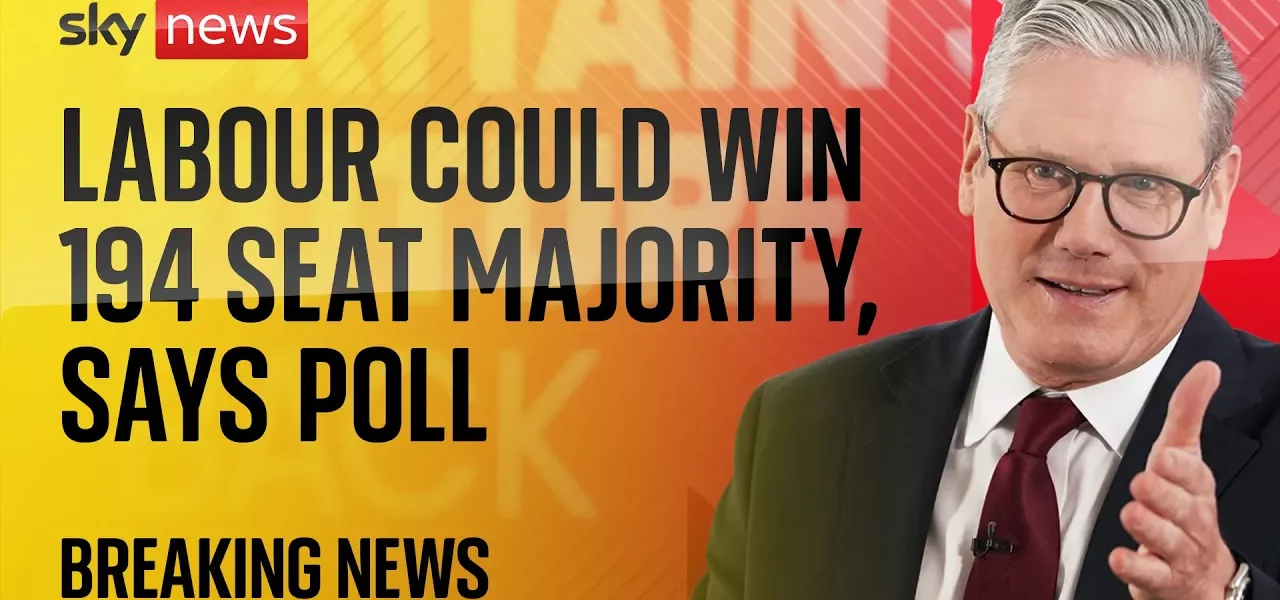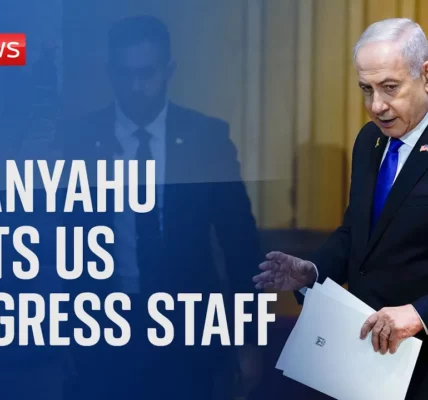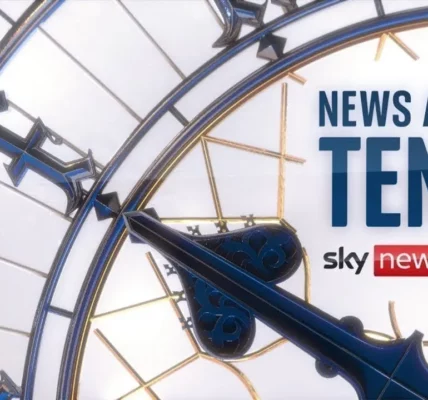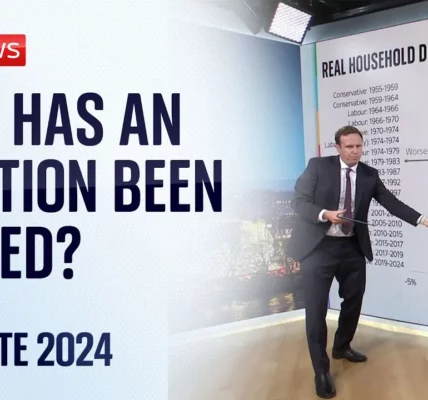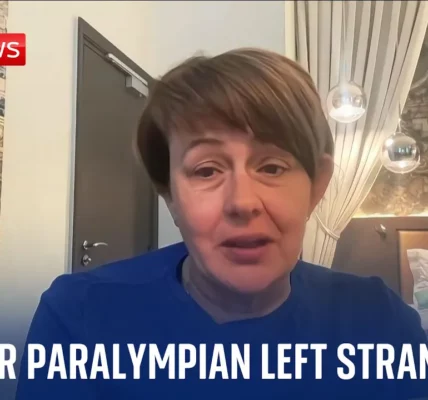Nigel Farage Takes Charge of Reform Party: A Political Shift in the UK

This article delves into the recent political developments in the UK, focusing on Nigel Farage’s leadership role in the Reform Party, the implications for the Conservative and Labour parties, and the potential impact on the upcoming general election.
Introduction
The political landscape in the UK is undergoing significant changes, particularly with the announcement from Nigel Farage that he will take the helm of the Reform Party. This shift follows a series of strategic political maneuvers that could reshape the electoral dynamics leading to the general election. Farage’s leadership is expected to invigorate the party’s campaign and draw support away from the Conservative Party, intensifying the competition with Labour.
Farage’s New Role and Its Implications
Nigel Farage’s decision to lead the Reform Party represents a pivotal moment in the UK’s political arena. Previously serving as the honorary chairman, his transition to party leader marks a significant shift in strategy and focus. Here’s what this means:
- Increased Visibility: Farage’s prominent media presence will likely amplify the party’s message and influence public opinion.
- Impact on Conservative Votes: His leadership is anticipated to siphon votes from the Conservatives, potentially aiding Labour’s prospects.
- Long-term Goals: Farage has expressed ambitions for Reform to become a leading political force by the next general election in 2029.
Current Political Climate
The backdrop to Farage’s announcement is a lackluster election campaign characterized by similar messages from leading parties. The Conservative Party, under Rishi Sunak, is facing mounting pressure:
Criticism of Conservative Policies
Farage has openly criticized the Conservatives for what he believes are misleading statistics. This discontent among voters could further destabilize the Conservative base.
Polling Trends
Recent polls indicate a significant decline in Conservative support, with Labour gaining momentum. The potential for a historic Labour victory looms large if changes in voter sentiment continue.
Farage vs. Conservative and Labour Parties
The competition between Farage’s Reform Party, the Conservative Party, and Labour is intensifying. Key points of contention include:
Labour’s Rising Popularity
Labour, under Keir Starmer, is projected to gain a substantial number of seats, potentially marking a historic victory. Factors contributing to this rise include:
- Effective messaging that resonates with voters.
- Discontent with Conservative governance, particularly regarding economic issues.
Conservative Party’s Dilemma
The Conservatives are struggling to maintain their voter base as Farage’s Reform Party gains traction:
- Internal divisions within the party are becoming more apparent.
- Attempts to appeal to traditional Conservative voters, such as announcements on national service and economic reforms, have not yielded the desired results.
Future Projections and Potential Outcomes
The upcoming general election is poised to be a defining moment for UK politics. The implications of Farage’s leadership and the current polling trends suggest several potential outcomes:
Increased Competition
The Reform Party’s emergence as a serious contender could lead to a more fragmented political landscape, making it difficult for any single party to dominate.
Long-term Political Reconfiguration
Regardless of the immediate election results, the presence of Farage and the Reform Party could reshape political alliances and strategies in the years to come.
Conclusion
Nigel Farage’s ascension to leadership of the Reform Party signifies a crucial turning point in UK politics, with the potential to disrupt traditional voting patterns and alter the fate of the Conservative and Labour parties. As the election approaches, the political landscape is likely to become increasingly competitive. Voters must remain engaged and informed to navigate these changes effectively. For further insights, stay tuned for upcoming analyses and election forecasts.
Call-to-Action: Join the conversation about the changing UK political scene by sharing your thoughts in the comments below or following our upcoming articles for more detailed coverage.
“`
